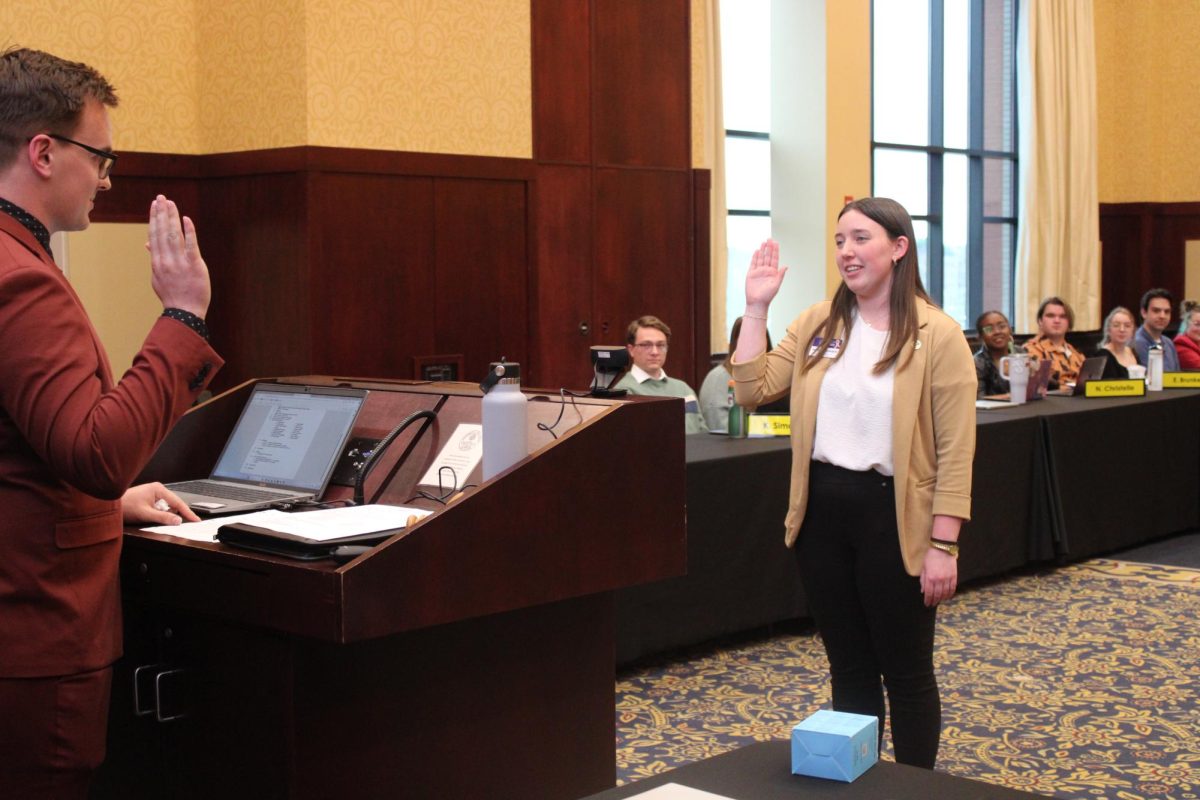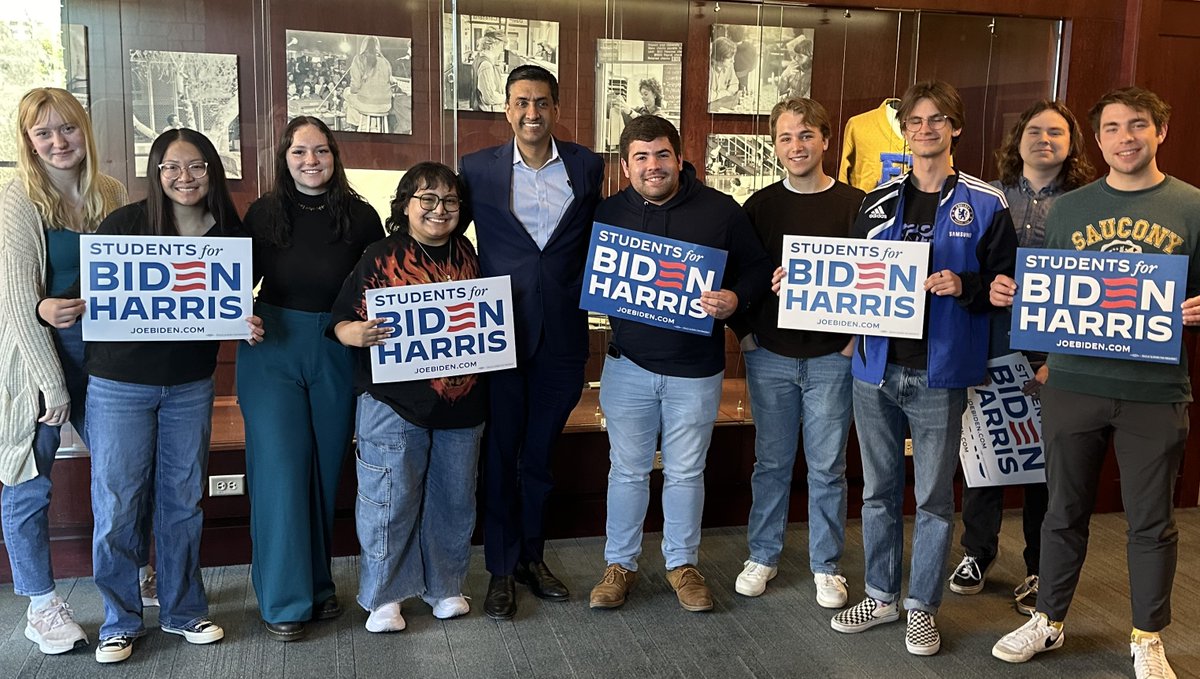English professor John Hildebrand has been tenured for about a dozen years, but that doesn’t make him any less interested in student reaction to his teaching style.
“Generally, I’ll (hand out student evaluations) just to find out if there is anything I can do better,” Hildebrand said.
One of the most important tools used to see whether someone is an effective teacher, tenured or not, is student evaluations, Hildebrand said. Several tenured professors distribute assessments, even if they are not required to do so, he said.
| “If you’re going to tenure somebody, they’re going to be people who hopefully are very serious about their work.” –John Hildebrand English professor |
During Tuesday afternoon’s University Senate meeting, the Faculty Personnel Committee presented a report to Senate, recommending that structure be added to the guidelines and procedures for post-tenure review.
The current guidelines have been less than helpful, said computer science professor Michael Wick, who serves on University Senate. Wick also is a member of the Faculty Personnel Committee, which recently developed the guidelines. University Senate will vote March 30 on the revised procedures.
Junior Brad Bannach said he has had bad professors in the past, but those professors were fired.
“I don’t think anyone got away with a tenure excuse,” Bannach said.
With the revised procedures, tenured faculty still will be evaluated every fifth year following tenure, as they are now, Wick said. But in the not-too-distant future, a financial reward for a good review might be added into the mix.
The Faculty Compensation Committee, which determines pay plans, is looking at a way to reward good reviews with monetary compensations.
“I think it will cause big changes in the ways post-tenure reviews are conducted,” Wick said of the revised procedures. But the major effect will occur if and when money is infused into the process, he added.
“That’s the way the real world works,” Wick said.
Once a faculty member becomes a full professor and is tenured, there is no way of getting a substantial pay raise, said Steve Tallant, associate vice chancellor for academic affairs.
The two committees are looking at ways to find monies to compensate tenured professors and give them additional bonuses every five years for doing a good job, Tallant said.
“This is a way to help deal with a real morale issue,” Tallant said.
Tenure is a form of job security, Wick said, allowing scholars to take on research and different teaching styles. It protects academic integrity and allows faculty to pursue their scholarly interests without fear of repercussion, he said.
“I know there’s a kind of perception that people with tenure. … They don’t have to work because their job is guaranteed,” Hildebrand said.
“I guess what I’d say, if you’re going to tenure somebody, they’re going to be people who hopefully are very serious about their work,” he said. “They’re going to continue doing their work both as a teacher and a scholar.”
Tallant agreed and said someone could be the best scholar in the world, but if he or she cannot teach, tenure will not be granted.
Although it is difficult for a tenured professor to be fired, Tallant said, student feedback is critical in helping teachers improve. Students need to be honest, Tallant said.
“Tenure shouldn’t be thought of as a roadblock for students to improve faculty instruction,” Wick said.
Faculty hired on a tenure track must complete a five-year probationary period, Tallant said. During these five years, the scholar is evaluated annually by the Department Personnel Committee, which consists of the department faculty members already tenured.
During the beginning of the sixth year, the faculty member becomes eligible for tenure. He or she then is reviewed by the DCP, the department chair, the dean, the provost, the chancellor and the Board of Regents, Tallant said.
But becoming tenured is different than being promoted, Tallant said.
“Sometimes people get tenure and they don’t get promoted,” Tallant said.
According to UW-Eau Claire’s Faculty and Academic Staff Handbook, there are four rankings a scholar can hold: instructor, assistant professor, associate professor and professor. After the criteria for each rank have been met, peer judgments of faculty performance and student evaluations are considered by the promotion subcommittee in making promotion recommendations.
Granting tenure and promotion in rank result from separate recommendations, according to the handbook. An individual may be promoted before obtaining tenure and may be granted tenure without promotion in rank.
“I suppose you have to give people something,” Hildebrand said as one of the motivations for tenure. “There are certainly jobs that pay more money.”






